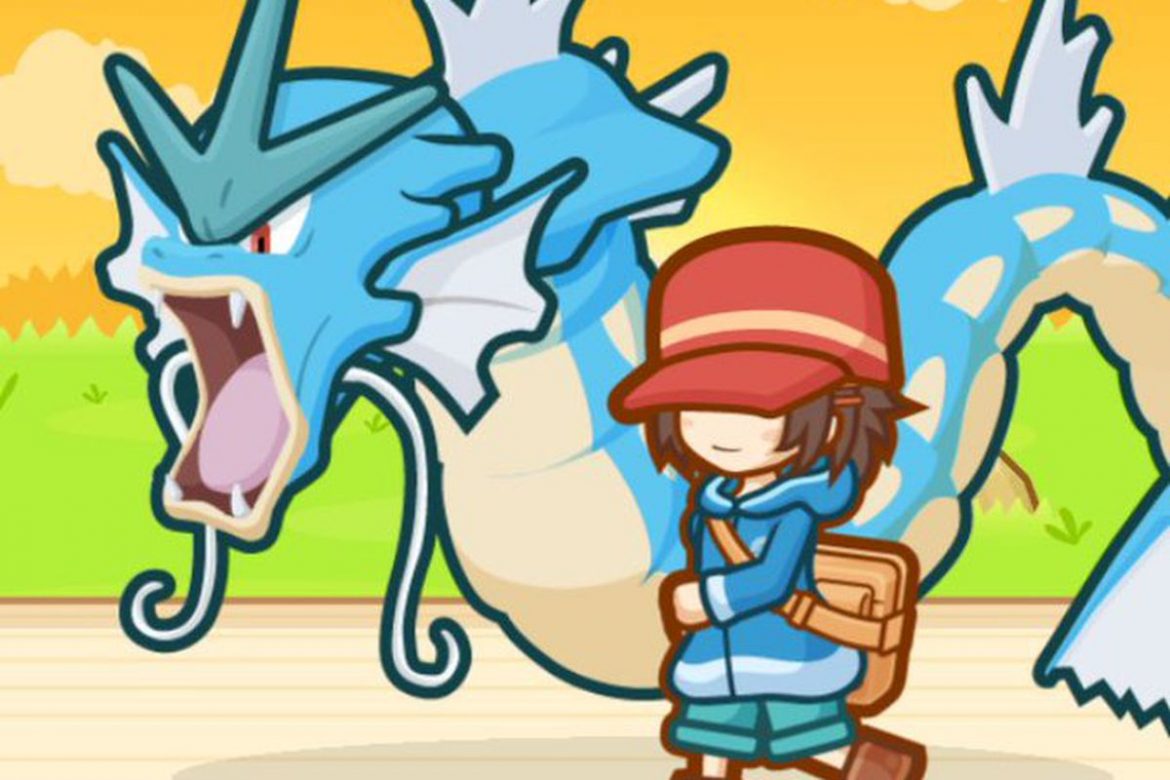Welcome back, readers.
We’re running a shorter issue this week, albeit one that ended up being fairly tightly themed around history and memory, be it via how games depict history, or how they constitute it! But before that. . . .
New Keywords in Play this week! This time around, our featured guest is Adrienne Shaw! Check it out.
This Week in Videogame Blogging is a roundup highlighting the most important critical writing on games from the past seven days.
“Where’s Maggie!?”
We’re starting this week’s issue off with mods–both histories of mods, and mods about historical figures. And demons. You know how it is.
- The Complete History of ‘Kaizo Mario’ | GlitchCat7
GlitchCat7 presents an historical overview of romhacking in the Super Mario Bros. games, from the earliest days of cart-swapping and manual hex editors to the thriving communities and tools of the present day. - Inside ‘Thatcher’s Techbase’, the ‘Doom’ mod that lets you kill Margaret Thatcher | NME
Dom Peppiatt chats with creator Jim Purvis about the process of building the new Doom mod that tasks you with sending the Iron Lady back to hell.
“It seems the world has it in for Thatcher, and rightly so – it wasn’t just the United Kingdom of Great Britain and Northern Ireland (referred to lovingly as the Tenth Circle of Hell in the Boom-compatible Doom WAD) that Maggie riled up during her 11 years in office. It seems the world-at-large is happy to wreak virtual vengeance on the Iron Lady thanks to her questionable foreign policies and classist outlook.”
Genres in Context
Genres, games, and games within genres all feature in this next section, as our next three featured authors pull apart the seams on narratives, mechanics, and thematic resonances.
- Ultima 4 [1985] – Arcade Idea
Art Maybury appraises Ultima 4 as one of the more successful early installments in an ongoing canon of games which try to capture some aspect of Dungeons & Dragons‘ essence, focusing on the game’s innovations and experiments with scale, structure, and moral philosophy. - A is for Jump – GlitchOut
Oma Keeling is thinking about platformers–their simplicity, their strangeness, their ubiquity, and most of all their narrative flexibility. - The Spectre of Gacha Oblivion | Bullet Points Monthly
Kazuma Hashimoto considers the ways in which Nier is a suitable thematic fit for the cynical ephemerality of gacha.
“It almost feels hopeless in the way that all Nier narratives do—a sort of fruitless endeavor to make the most of the time we have, even though we know the end is looming somewhere out of sight.”
A History
Next up, we look at the depiction of history in games directly, as two authors look alternately at a game that shies away from engaging critically with it, and another that shines a light on its erasure and misrepresentation.
- The Amazing American Circus Review | The Indie Game Website
Waverly plays a circus-themed card game and ruminates on its surface-level, uncritical depiction of a fraught and exploitative historical period. - Blackhaven confronts the truth behind historical whitewashing | The Indie Game Website
Natalie Raine plays a game that confronts America’s traditions of historical whitewashing and anti-Black oppression, past and present.
“Blackhaven’s poignant experiences around whitewashing Black history are sadly rare in games, which makes its examination of American history from both Black—and white—perspectives a sorely necessary one. It’s not always patriotic, it’s not always inspiring, and it’s definitely not always palatable, but Blackhaven demonstrates how historical inaccuracies can greatly distort perceptions around the role of slavery.”
Playing at Possibility
Queerness ties together our next section, as two authors describe their changing relationships with popular franchises over the years.
- LGBTQ+ representation Star Wars: The Old Republic is complicated but rewarding | Gayming Magazine
Anna Davidson details the history of, unequal access to, and ultimately the positive trajectory of queer representation in BioWare’s ongoing Star Wars MMO. - Sugiyama’s only lonely boy | KRITIQAL
nilson carrol blends together thoughts on Dragon Quest, nostalgia, queer possibility, and our fraught relationships with art (content notifications here for discussions of suicide, abuse, homophobia, genocide, and one of the bigger pricks in the industry today).
“Dragon Quest, at its heart, is about liberation. It’s about plunging down into the deepest pits of hell to sever the roots of injustice and hatred, about removing literal poison seeped into the land. Sugiyama’s music carries this myth, but now is burdened with the composer’s own baggage, adding a translucent film atop it, weighing it down, introducing new toxins. I can’t not take this to heart. It’s the only thing I truly believe in.”
Critical Chaser
A meditative piece on memory and endings closes us out this week.
- The White Pube | No Longer Home
Gabrielle de la Puente plays No Longer Home and wonders what it is like to remember, abstractly, from every angle.
“Maybe if we want to remember things — and not just remember things but be able to replay how we felt at the time, and how we acted back then too — our memories could be transfixed to video games in this way. The good, the bad, and the haunted. In No Longer Home, the developers are the rememberers: they are the ones that design the set, turn on the smoke machines and angle the lights. The players are the mediums who sit at the table to summon the past back to life. It’s play as possession.”
Subscribe
Critical Distance is community-supported. Our readers support us from as little as one dollar a month. Would you consider joining them?
Contribute
Have you read, seen, heard or otherwise experienced something new that made you think about games differently? Send it in!


